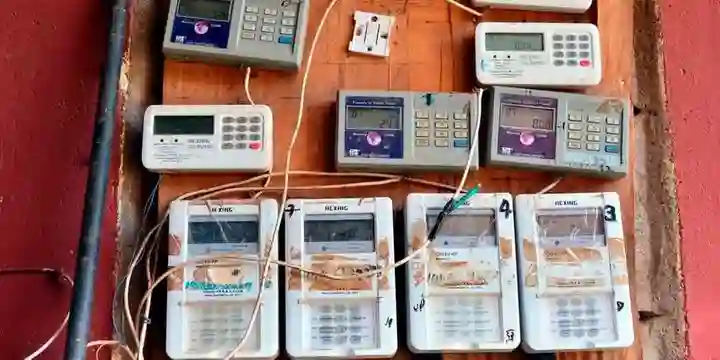
Electricity consumers in Kenya have been raising concerns over the reduction in units that they get after purchasing prepaid electricity tokens, despite an increase in the amount charged for the tokens. This has prompted the Kenya Power and Lighting Company (KPLC) to explain the reasons behind the mismatch.
According to KPLC, the reduction in units is due to the implementation of a new value-added tax (VAT) on electricity tokens that was introduced in July 2020. The VAT rate was increased from 16% to 18%, resulting in a higher cost for consumers.
The company also noted that the energy charge, which is the cost of electricity per unit, has remained unchanged at Kshs 10.35 per kWh for domestic consumers, while the fixed charges, which are levies for maintaining the power network, have also not increased. Therefore, the increase in the amount charged for the tokens is mainly due to the VAT increment.
However, KPLC acknowledged that some consumers may experience fluctuations in the units received after purchasing tokens, which could be attributed to factors such as the time of day, day of the week, or variations in consumption patterns. The company advised customers to monitor their consumption and to report any inconsistencies or concerns to their customer care centers.
Overall, while the increase in the cost of electricity tokens may seem unjustified to some consumers, it is largely driven by the new VAT rate, which is beyond KPLC’s control. Nevertheless, consumers should remain vigilant and proactive in monitoring their electricity usage and costs to ensure that they get value for their money.


